Understanding Forex, Crypto, and Stock Market Regulator
Market regulators play a pivotal role in maintaining transparency, fairness, and investor protection across financial markets. Learn how they establish rules, monitor compliance, and enforce penalties to ensure the integrity of trading platforms and financial systems.
 Writen by:
Arslan Ali But
20 January 2025
8 minutes read
Writen by:
Arslan Ali But
20 January 2025
8 minutes read


Market regulators play a pivotal role in maintaining transparency, fairness, and investor protection across financial markets. They establish rules, monitor compliance, and enforce penalties to ensure the integrity of trading platforms and financial systems.
Each market—forex, crypto, and stocks—presents unique regulatory challenges. While forex operates in a decentralized structure, cryptocurrencies face complexities due to their blockchain-based, borderless nature. Stock markets, though more centralized, require constant oversight to prevent insider trading and fraud.
This guide explores the roles of major financial regulators, highlighting their significance in safeguarding investor interests and promoting stability in global financial markets.
Role of Regulators
Regulatory bodies play a vital role in ensuring financial markets operate transparently, fairly, and securely. By overseeing brokers, exchanges, and market participants, they enforce rules to protect investors, prevent fraud, and maintain market stability.
Primary Goals
-
Prevent Market Manipulation and Fraud
Market manipulation and fraud undermine trust and fairness in financial markets. Regulators actively combat these issues to safeguard participants.
Key Stat: Approximately 20% of SEC enforcement actions involve insider trading annually.
Example: In November 2023, the SEC charged John Hughes, the president of Prophecy Asset Management LP, for orchestrating a scheme that concealed $350 million in losses. Hughes fabricated documents and conducted sham transactions to mislead investors and auditors while collecting over $15 million in fees. Cases like this highlight the importance of regulatory oversight to deter fraudulent activities.
-
Maintain Financial System Integrity
Regulators establish policies to prevent financial crises and ensure stable operations across markets.
Example: The CFTC (US) requires forex brokers to maintain a minimum net capital of $20 million, safeguarding traders by reducing the risk of broker insolvency. Stress tests and risk assessments also ensure brokers can handle extreme market fluctuations.
-
Safeguard Investor Funds
Protecting traders' deposits is a top priority for regulators.
Example: The FCA (UK) mandates brokers to segregate client funds from operational accounts, ensuring funds are not misused. Additionally, the FSCS compensation scheme offers protection of up to £85,000 per client in case of broker failure, providing traders peace of mind.
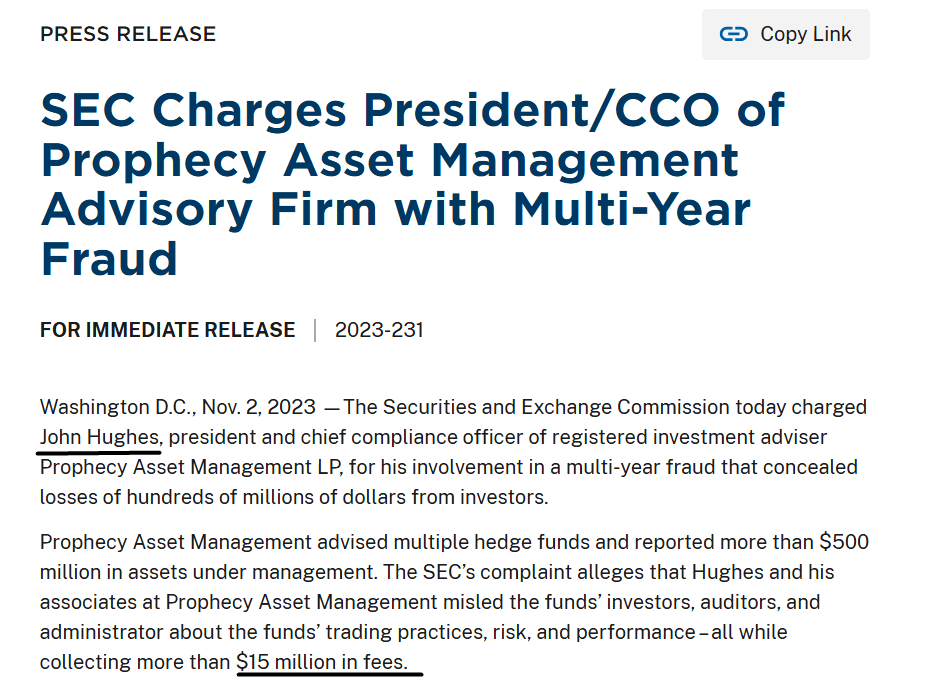
Common Features Across Markets
Regulators across forex, crypto, and stock markets share key responsibilities to ensure fairness, transparency, and investor protection. These common features help create a secure trading environment:
-
Licensing and Supervision:
Regulators require brokers and exchanges to obtain licenses to operate legally, ensuring compliance with strict standards.
Example: In 2023, the Australian Securities and Investments Commission (ASIC) revoked the Australian Financial Services (AFS) license of Binance Australia Derivatives, operated by Oztures Trading Pty Ltd, due to compliance concerns.
-
Enforcement of Transparency Standards:
Transparency is vital for trust and accountability in financial markets. Regulators enforce regular reporting and audits to ensure brokers operate ethically.
Example: FCA-regulated brokers publish annual financial reports, providing traders with clear insights into their financial health and operations. These disclosures build confidence among investors and reduce the risk of hidden malpractices.
-
Dispute Resolution Mechanisms:
Regulators establish compensation schemes and resolution processes to protect investors from broker insolvencies or disputes.
Example: The CySEC Investor Compensation Fund (ICF) reimburses clients up to €20,000 in cases of broker insolvency.
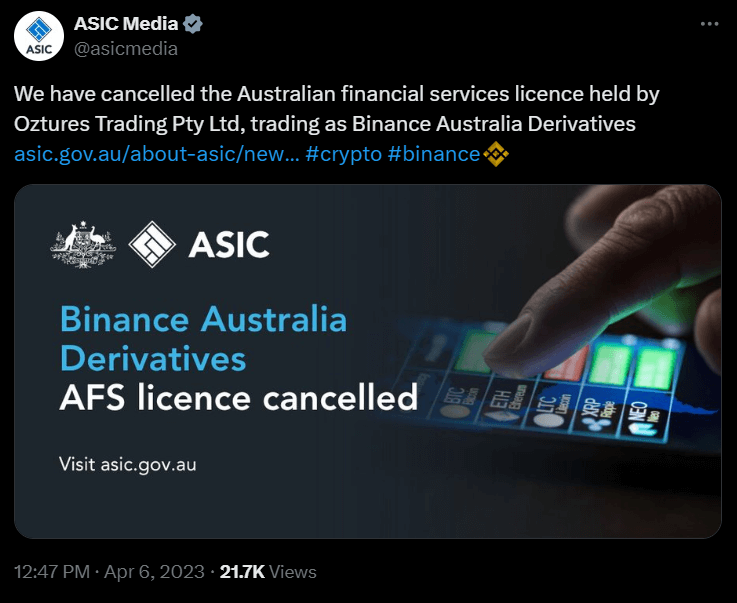
The decentralized nature of the forex market presents unique regulatory challenges, requiring strict oversight to ensure transparency and protect traders. Here’s how key regulators operate:
-
FCA (UK):
The Financial Conduct Authority mandates client fund segregation and negative balance protection to safeguard traders.
Example: eToro (UK) Ltd, regulated by the FCA, complies with these standards, ensuring client funds are secure and traders are protected from losses exceeding their deposits.
-
ASIC (Australia):
The Australian Securities and Investments Commission enforces strict leverage limits (30:1 for retail clients) and requires brokers to adhere to operational transparency.
Example: eToro AUS Capital Pty Ltd operates under ASIC regulations, providing a secure and compliant trading platform for Australian clients.
-
CFTC/NFA (US):
The Commodity Futures Trading Commission and National Futures Association impose $20 million minimum capital requirements to ensure broker stability and fraud prevention.
By engaging with regulated brokers like eToro, AvaTrade (outside the U.S.) , traders can ensure their investments are protected under globally recognized regulatory frameworks.
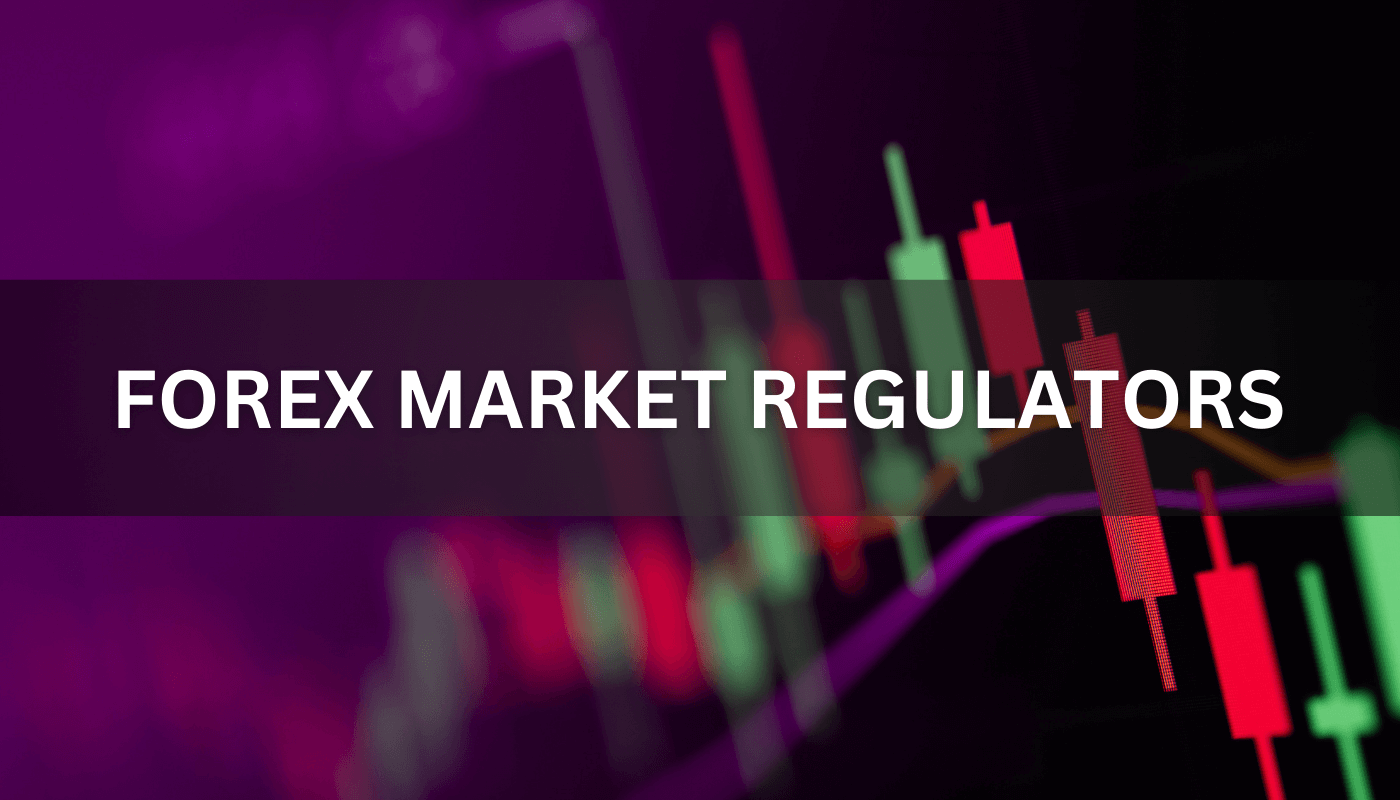
Crypto Market Regulators
Regulating decentralized assets like cryptocurrencies poses unique challenges, as their borderless nature complicates oversight. However, key authorities around the world are implementing measures to bring structure and security to the crypto market:
Key Global Authorities and Their Roles in Crypto Regulation
Regulating decentralized assets like cryptocurrencies is challenging due to their borderless nature. However, global regulatory bodies are stepping up to ensure transparency, security, and accountability in the market:
-
SEC (US):
The Securities and Exchange Commission (SEC) plays a critical role in regulating cryptocurrencies classified as securities. It enforces compliance with U.S. securities laws, aiming to prevent market manipulation and ensure investor protection.
Example: The SEC’s lawsuit against Ripple Labs (XRP) highlighted the need for regulatory clarity, with Ripple accused of selling unregistered securities.
-
ESMA (EU):
The European Securities and Markets Authority (ESMA) oversees crypto service providers across the EU, ensuring they meet high standards for transparency and security. ESMA's focus is to protect consumers and ensure market stability.
Example: ESMA enforces guidelines that require crypto platforms to provide clear disclosures to traders about the risks involved, helping foster a transparent trading environment.
-
MAS (Singapore):
The Monetary Authority of Singapore has introduced a licensing framework to regulate crypto exchanges and combat money laundering.
For instance: Binance Singapore successfully obtained a license under MAS, showcasing regulatory efforts to establish trust in the market.
Notable Gaps:
- Despite regulatory progress, many countries still lack comprehensive crypto regulations, leaving the market vulnerable to fraudulent activities and scams.
- Fraudulent ICOs and unregulated exchanges remain a global concern. As many as 25% of ICO projects have been identified as scams, according to research by Token Data.
By addressing these challenges, regulators aim to foster a safer and more transparent cryptocurrency ecosystem.
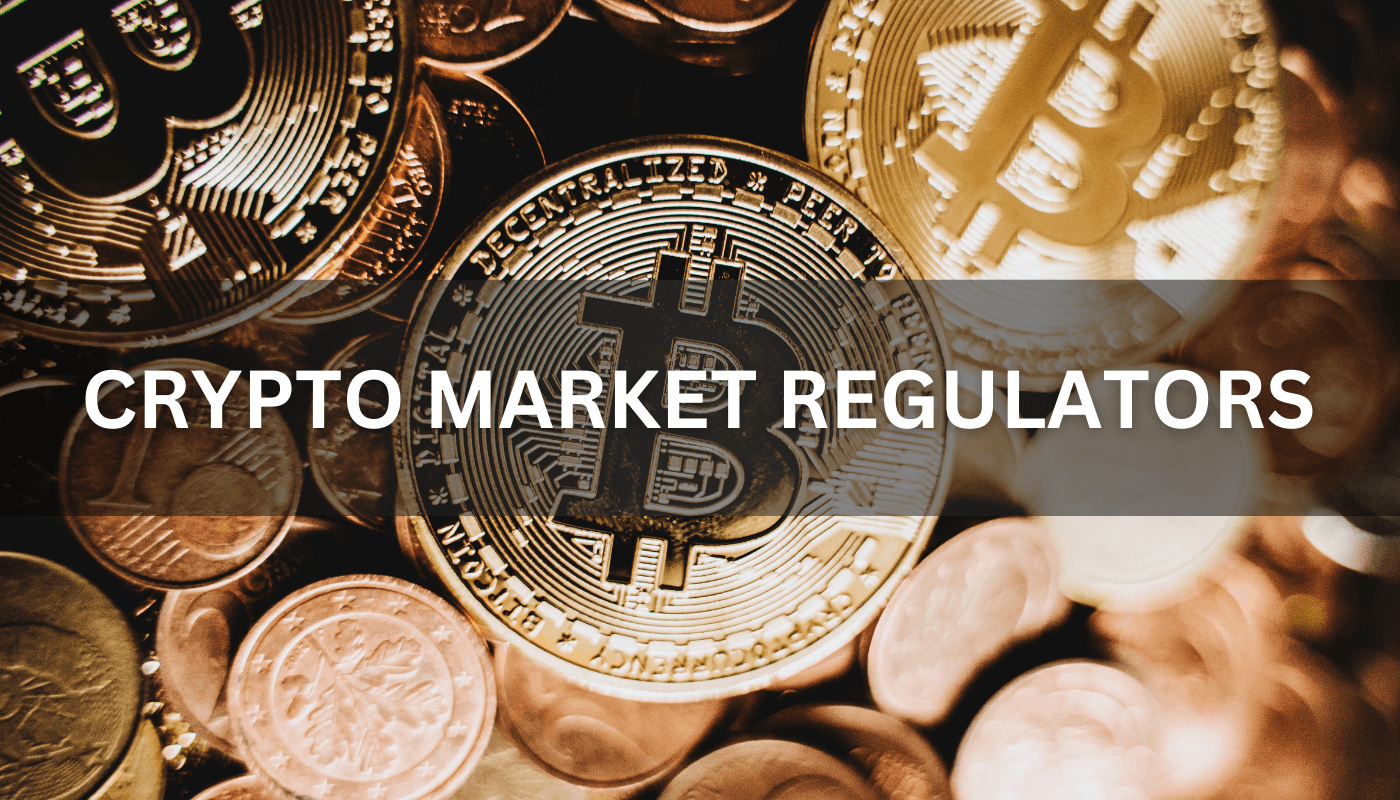
Stock Market Regulators
Unlike the decentralized forex and crypto markets, stock markets are more centralized and structured, making regulation more straightforward. Stock market regulators ensure transparency, prevent fraud, and maintain market integrity. Here’s how some key global regulators operate:
-
SEC (US):
The Securities and Exchange Commission (SEC) is responsible for overseeing major stock exchanges like NASDAQ and the New York Stock Exchange (NYSE). It ensures that companies disclose accurate financial information, promoting transparency and investor confidence.
Example: The SEC has successfully prosecuted numerous insider trading cases, demonstrating its enforcement strength. For instance, in 2023, the SEC fined $10 million against a hedge fund for illegal stock trading based on insider information.
-
FCA (UK):
The Financial Conduct Authority (FCA) regulates the London Stock Exchange (LSE) and ensures fair trading practices. It oversees brokers and market participants to guarantee compliance with rules that protect investors.
-
SEBI (India):
The Securities and Exchange Board of India (SEBI) regulates stock trading and mutual funds, focusing on investor education and preventing fraudulent activities.
Example: In 2023, SEBI cracked down on a pump-and-dump scheme involving penny stocks, leading to the suspension of several traders for manipulating stock prices.
By enforcing these regulations, stock market regulators help maintain a secure and trustworthy environment for investors globally.
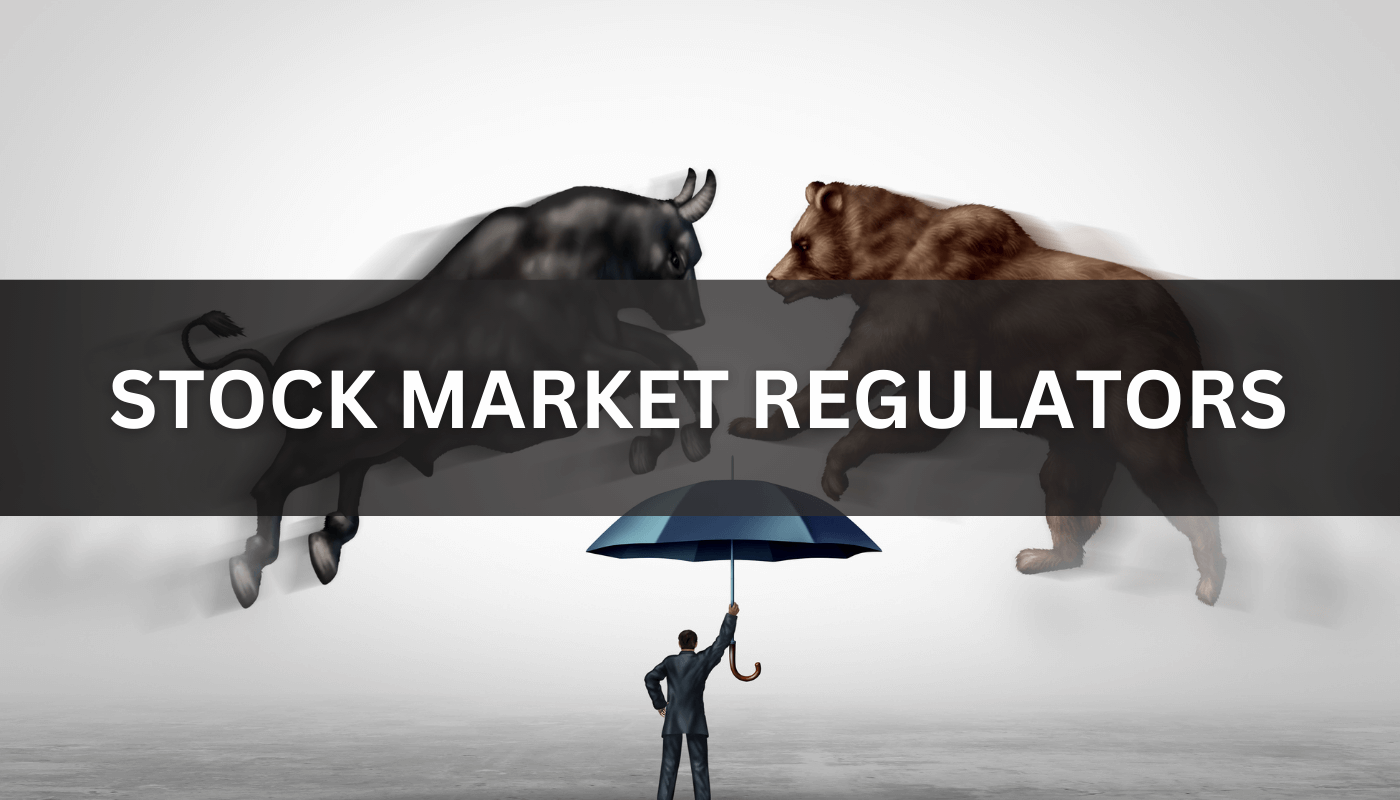
Challenges and the Future of Market Regulation
The rise of decentralized finance (DeFi) presents a major challenge, as its borderless nature makes it harder for regulators to enforce rules. Additionally, cross-border trading complicates jurisdictional enforcement. However, AI and blockchain technologies show promise in helping regulators track transactions and detect suspicious activities more efficiently.
Moving forward, global collaboration will be crucial to standardizing regulations, especially in the crypto and forex sectors, to address existing gaps and ensure a more cohesive regulatory framework.
Conclusion
Understanding market regulators is essential for safeguarding your investments. Traders should prioritize working with regulated brokers and exchanges to ensure a secure, fair trading environment.
Final advice:
Regulatory compliance is key to long-term success in forex, crypto, and stock markets.
Ensure your trading success by choosing brokers committed to transparency and security. At WhereToTrade, we guide you in finding regulated platforms for a confident and secure trading experience.
Table of contents
1. Role of Regulators 2. Crypto Market Regulators 3. Stock Market Regulators 4. Challenges and the Future of Market Regulation 5. Conclusion






